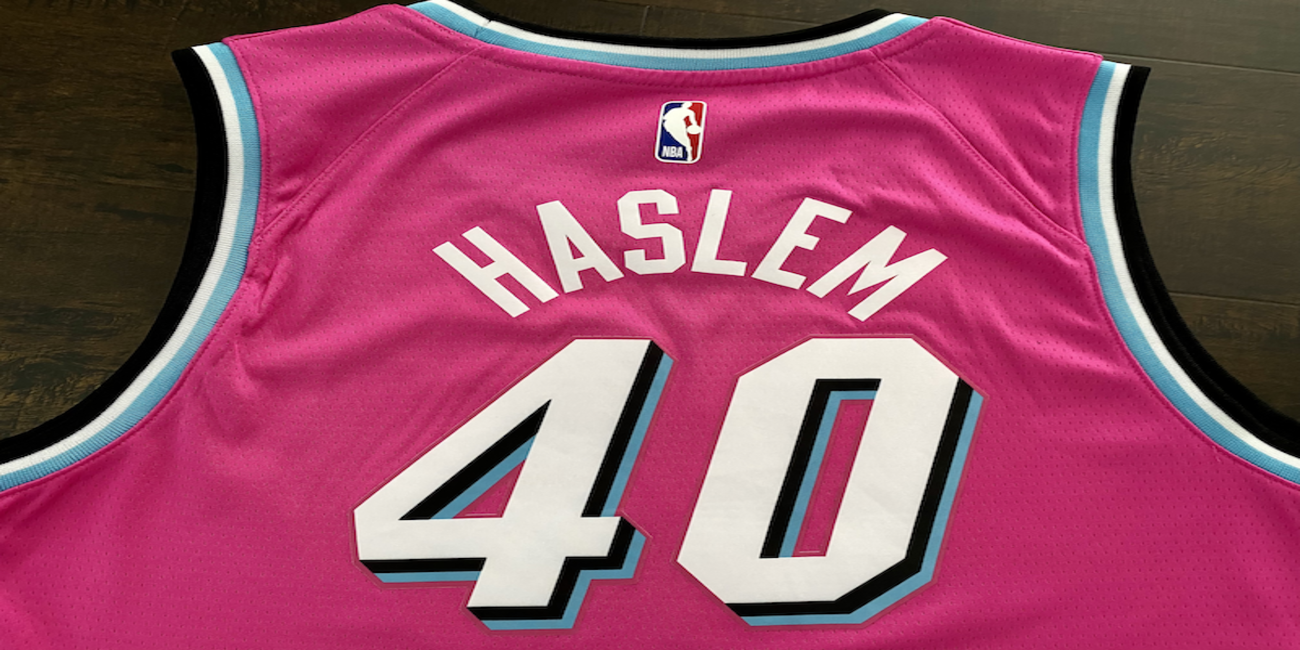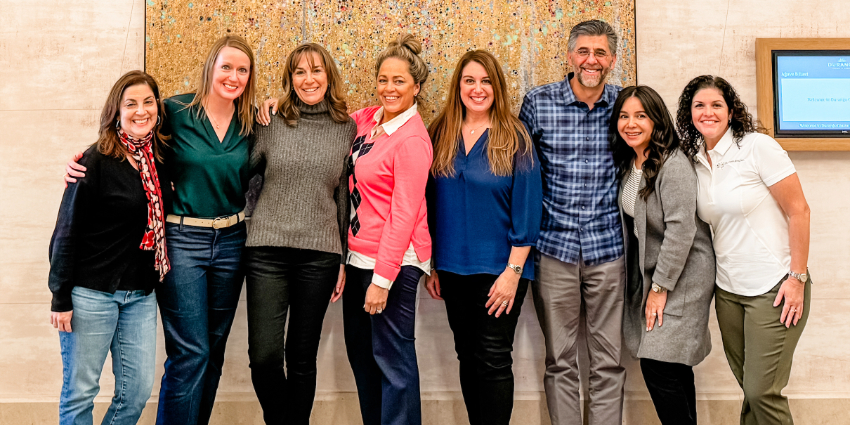This time of year usually finds me contemplating two questions: When does the NCAA’s March Madness Tournament begin and will my beloved Florida Gators receive an invitation to the Big Dance? In the United States, this collegiate basketball tournament creates quite the frenzy and has even coined new concepts like “bracketology” and “bubble watching” as we eagerly anticipate who will make it and how we’ll complete our regional brackets. For others, not so fixated on this season, you might be thinking about your plans for St. Patrick’s Day, what your family will be doing for Spring Break, or how you will be celebrating Women’s History Month (I’m a fan of that as well).
Regardless of your interest level in collegiate athletics, one thing that is recognizable to all of us is that teams that successfully play together, have players who play as a team.
Playing on a team requires self-interest to be transformed into shared-interest. Isn’t that what leadership is about as well – helping to transform self-interest to shared-interest as the team develops?
This can be a challenging concept to practice if you’ve previously been the star of your team and now you’re asked to take a role further away from the spotlight. It can also require a fair amount of vulnerability as roles and responsibilities move and shift on the team.
For growth and progress to be made, not all teammates will be able to play the same role they’ve always played. The key for any successful team is for players to be able to graciously accept new responsibilities and recognize them as opportunities to develop themselves and others.
Given that basketball is currently top of mind for me, one of the clearest examples of player transformation I’ve witnessed is that of Miami Heat’s Udonis Haslem (also a former Florida Gator!). In his 19th NBA season, Udonis is the NBA’s oldest active player at 41-years of age. He’s won three World Championships with the Miami Heat, and after winning his third title, he revealed that he had played much of the second half of that season with a torn right meniscus. How’s that for grit?
However, since 2014, his stats and time on the court have fallen as quickly as his time riding the bench has risen. Yet the Miami Heat, recognized as one of the most well-lead professional organizations in any sport, continue to sign Udonis to one-year contracts, and have done so since 2016.
Why continue to bring back a man who, for all intents and purposes has played the role you’ve needed him to play? Why continue to pay him the veteran’s minimum (still $2.6 Million) to ride the bench and take a valuable roster spot?
Because Udonis has transitioned from scorer and rebounder to Captain and leader. Udonis and the Miami Heat have changed his role and it’s been done with intention. That “valuable roster spot” is his because he occupies it as a leader, as a player-coach, and as a mentor for the younger scorers and rebounders. It’s clear they feel he’s invaluable.
Roles transition in sport, life and work. It’s when we have the self-awareness to check our self-interest, in favor of shared-interest, that we March forward through life’s potential Madness.
Who on your team would benefit from transitioning to another role and who else would benefit from that transition?
***At the time of this writing, the Miami Heat were sitting atop the Eastern Conference, running like a well-oiled machine and Udonis had an average of 6.3 minutes and 2.9 points for the season. Not too shabby a leadership return on the box score, if you ask me.













